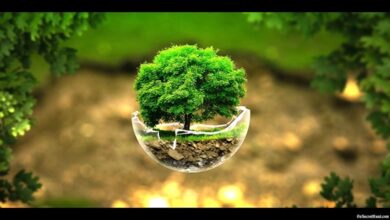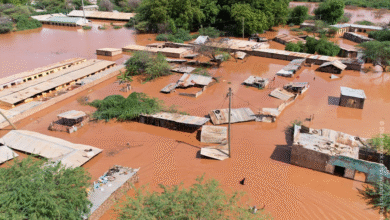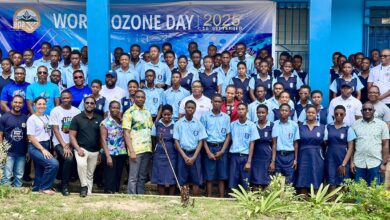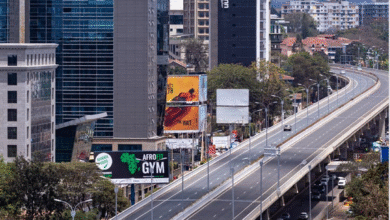Green Roots, Growing Gains: Ghana’s Forest Entrepreneurs Lead a New Economic Revival

Ghana’s forest landscapes are more than scenic backdrops—they are lifelines for the economy and a vital source of livelihoods for millions. But these green expanses are under growing threat from agricultural encroachment, illegal mining and logging, and unsustainable land use. Now, a new wave of restoration is taking shape—not just through government and conservation initiatives, but also through the bold efforts of Ghanaian entrepreneurs determined to turn forests into engines of economic renewal.
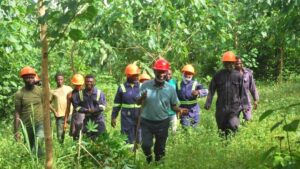
One of those visionaries is Kwame Bonsu, founder of Sakam Savana, who is on a mission to restore the Afram Headwaters Forest Reserve while uplifting local communities. His dual goal is clear: reverse the damage of deforestation and generate inclusive economic opportunities.
“Of course, I want to get the forest back,” Kwame explains. “But it’s also about improving the quality of life for rural communities—the people who depend most on the forest.”
With support from the Forest Investment Program (FIP)—a World Bank-implemented, Climate Investment Funds-financed initiative—Kwame secured a loan in 2021 to expand his plantation. That investment created jobs for over 180 people and improved food security across 11 surrounding communities.
Kwame adopted agroforestry, blending tree planting with traditional farming methods. He planted more than 20,000 fruit trees, including mango, among teak stands—boosting both biodiversity and productivity. The results: higher yields, better income, and healthier soils.
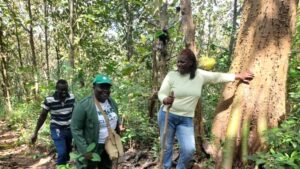
Another standout is Joann Ofori, the powerhouse behind Lordamn Farms Ltd. With the plantation loan, Joann doubled her teak plantation from 70 to 140 hectares, purchased seedlings, and hired additional workers. She also planted short-cycle crops like eggplant, okra, and maize, which provided immediate returns while her teak matured.
“You can breathe better and everywhere you look it’s lush and green,” Joann said. “I’m at peace with nature, and I encourage more women to go into this business.”
Both Kwame and Joann are among 100 small- and medium-sized enterprises that have benefited from FIP’s pioneering loan scheme—designed to improve financial access for forest-based enterprises and build private-sector engagement in sustainable forestry.
Between 2015 and 2023, Ghana’s FIP not only piloted this loan model but also helped put over 80,000 hectares of land under improved management, including nearly 44,000 hectares of sustainably managed cocoa farmland. About 106,000 people across Ghana’s High Forest Zone directly benefited through training, technical support, and income diversification activities.
Beyond loans, the program delivered tangible results in forest policy reforms and community-led conservation. It also showed that forest protection can go hand-in-hand with economic growth when farmers and entrepreneurs are empowered with capital, tools, and incentives.
Looking ahead, the World Bank’s Global Challenge Program: Forests for Development, Climate, and Biodiversity is set to scale up these community-based models. It aims to help countries like Ghana expand forest-related investments and draw lessons—like unlocking credit for rural enterprises—into broader climate and development strategies.
For Ghana, the green shoots of progress are already visible. With continued collaboration among public, private, and global partners, its forests can become not only climate buffers but also dynamic platforms for jobs, income, and sustainable growth—for generations to come.

